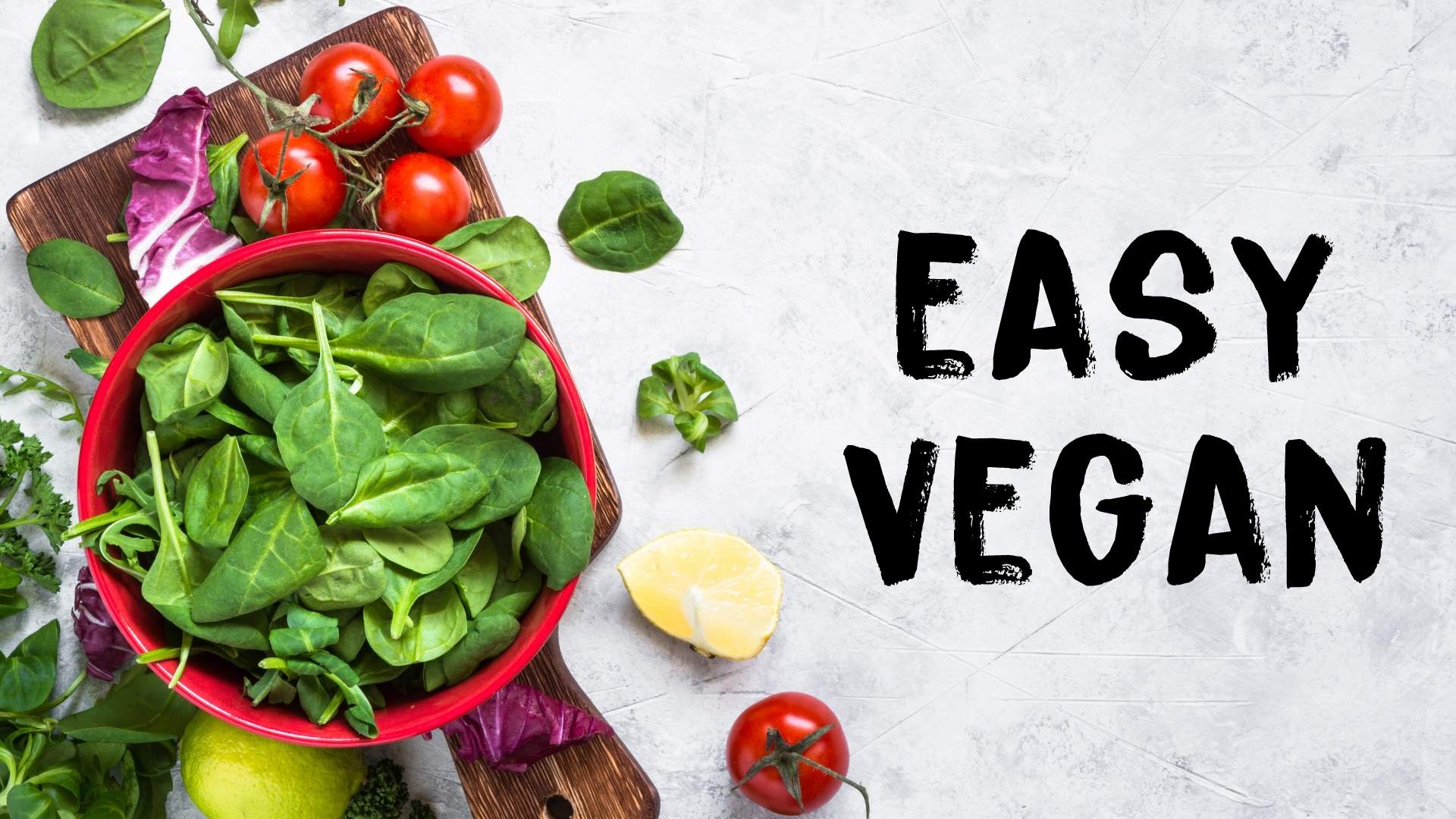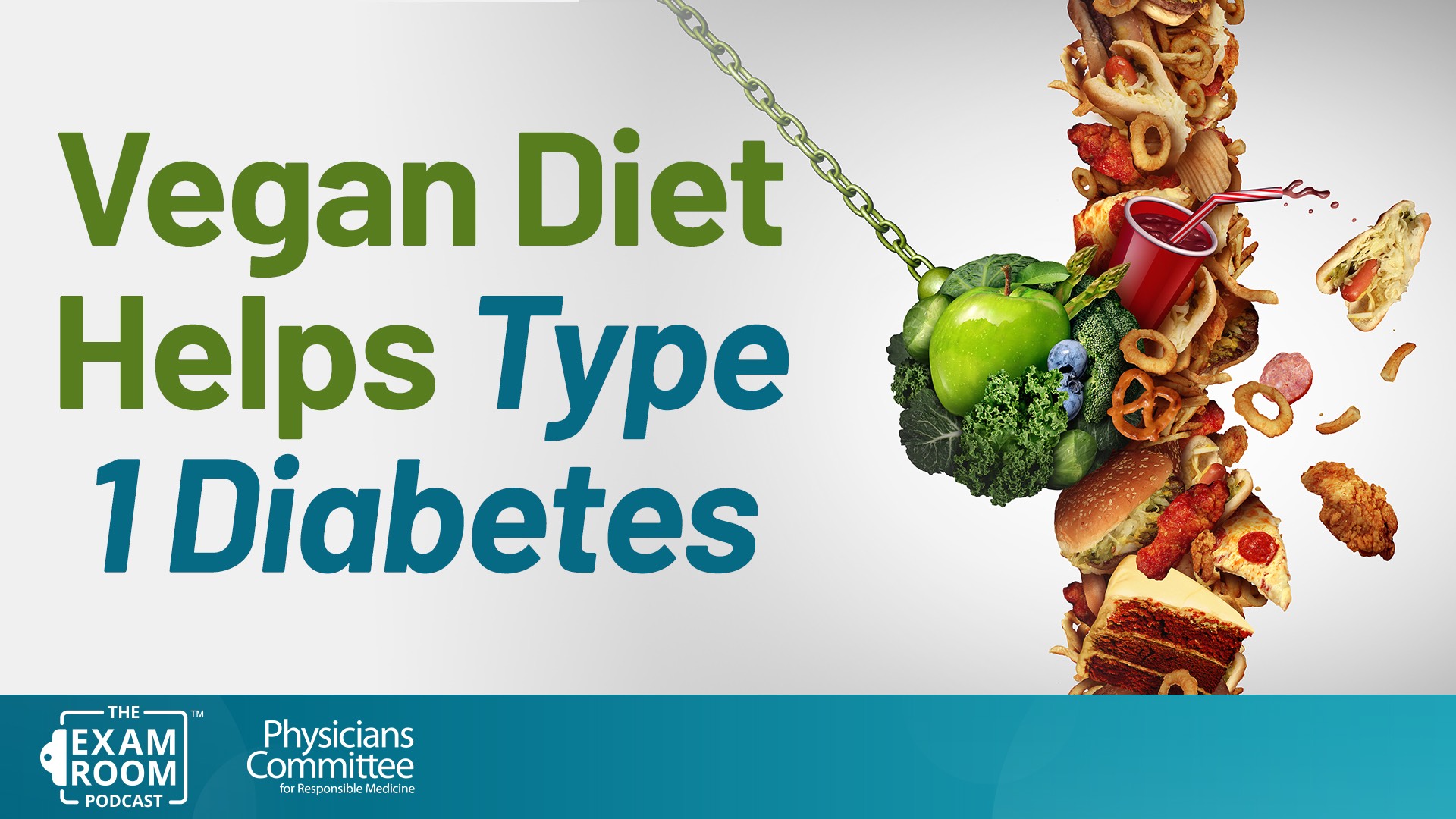
It is important that vegans get all the nutrients they need. There are great vegan multivitamins, which have been specifically designed for you.
Vitamin D deficiency (a major issue for vegans) is the most common. This is because many vegans don't have enough exposure to sunlight, so they can't get the essential nutrient.
Best for women
A multivitamin can be a great option for vegans who aren't getting enough vitamins from food. The best multivitamins to vegans are easy-to-take, don't contain any fillers, are whole foods, and can be taken daily. They are non-GMO and contain no allergens, such as dairy, eggs, tree nuts, or gluten.
The first thing to look for in a multivitamin is whether or not it has the right amount of vitamin B12. You can do research to find out if your multivitamin contains the right amount of vitamin B12. A multivitamin with enough iron is also important, since it can be difficult to get the right amount from diet alone.
Calcium is an important nutrient. Because calcium inhibits your body's ability to absorb other nutrients, vegan multivitamins do not contain it. But, you don't have to stop taking calcium. This dietary supplement can benefit those with osteoporosis. It also supports strong bones.
Multivitamins are also rich in other essential nutrients like magnesium and vitamin B1, as well as selenium, zinc and folic acids. These nutrients will help you keep your heart and brain healthy as well boost your energy levels.
Vegan supplements can also contain omega-3 fatty acid. This nutrient can have many health benefits, including anti-inflammatory and immune support. It is most commonly found in fish oil. However, it can also come from algae. Studies have shown it to raise cholesterol levels.
Another essential nutrient that vegans and vegetarians need to know is vitamin C. It is an excellent source for vitamin C which supports a healthy immune and energy levels. It is also rich source of antioxidants that may protect against other diseases, such as heart disease and cancer.
This is an excellent vegan multivitamin that's packed with essential nutrients for your overall health and vitality. It includes 17 different vitamins and minerals, ensuring that you are getting all the vitamins your body needs. It's gender-specific to men for hormonal balance, and it contains probiotics. It is stored in clean, plant-based capsules for optimal digestion and nutrient sorption. This multivitamin makes a great choice for vegetarians and vegans.
Best for Men
There are many nutrients that vegans may struggle to get from plant-based sources, and this is where a multivitamin comes in. These supplements will ensure you get the vital vitamins and minerals your body needs.
Having the best vegan multivitamin is important for anyone who wants to maintain a healthy diet. You'll be able to get the nutrients and vitamins you need to live well and be happy.
The best vegan multivitamins have a broad range of nutrients to ensure your body functions at its best. They are also free from any artificial additives or preservation agents. The most important ingredients are b12 and iron, Vitamin D. Vitamin D, vitamin E, omega-3s. calcium, magnesium, zinc, as well as other nutrients.

The Maximum Strength Vegan B12 from Live Conscious is a great choice for anyone who wants to get their daily intake of vitamin B12. This supplement contains a high-quality methylcobalamin form of B12 for superior bioavailability and delivers a high concentration of the essential nutrient. Sublingual formulas are also available. These can be taken directly by mouth, and don't require swallowing.
This multivitamin, which is whole-food, contains 56 superfoods. It also contains all of the vital vitamins and minerals you need.
Ritual's vegan multivitamin for men ages 18 to 49 is gluten and allergen-free, non-GMO and offers free shipping. It also has a delayed-release design, intended to be sensitive on an empty stomach. The nine ingredients in this product are essential for bone, mental and cardiovascular support as well as antioxidant support.
Vitamin A, Vitamin D, Zinc to promote health. It contains essential fatty acids as well as a range of amino acids, including branched chain amino acids, which are vital for muscle growth.
The Garden of Life brand is dedicated to providing natural, whole-food based products. They also use biodegradable packaging, and offer a money-back guarantee.
Best for Seniors
Vitamin B12 is less absorbable as we age. Vitamin B12 is vital for maintaining the health of our blood cells and nerves.
It can help to maintain a healthy heart, and lower the risk of stroke. It is available in fortified foods and supplements and should be a part of any senior diet.
Calcium, another vital vitamin, is important for maintaining strong bones and teeth. Calcium is found in milk products and dark green leafy vegetable, as well as fortified cereals. Seniors need to be sure to get enough calcium to prevent the development of osteoporosis. This is a condition that causes bones to fracture easily.
Multivitamins are a great way to get all the nutrients that you need. Many are specifically designed for seniors and provide more than a whole day's worth.
Equate Complete Multivitamin-50+ is an excellent choice for seniors.
The Ritual essential for Men Multivitamin, a great option for vegetarian or vegan men. It provides 10 vital vitamins and doesn't contain any unnecessary supplements. This includes vitamin B12 (folic acid), magnesium, iron and omega-3s.
This multivitamin is gluten-free, sugar-free, and non-GMO verified. It comes in a convenient capsule that is easy to swallow.
It is a great choice for older adults because it contains 2.4 micrograms of vitamin B12, which is the highest concentration you can find in a single supplement. It also has vitamin D and zinc to support bone health and a healthy immune system.
These vitamins are a great option for older women as they contain calcium and folic acid, which all women need, but particularly pregnant women. They also contain iron which women lose during periods.

It is also a good idea to take a vitamin if you are on medication. However, be sure to consult a doctor before taking any kind of supplements or vitamins.
Best for Kids
Vegans need a multivitamin that has a wide variety of nutrients from plants. It must also not contain any artificial flavors, additives, or colors.
A vegan multivitamin should be in liquid form. This allows you to take it with an empty stomach, hold it in your mouth for several seconds, and then swallow it. This can aid with absorption, especially for vegans who may not receive enough Vitamin B12 via their diet.
Maximum Strength Vegan by Live Conscious contains high bioavailability. It also comes in a fresh lemon flavor, making it an easy addition to your morning routine.
Garden of Life Organic Multivitamins are another great choice. This product is non-GMO Project verified and vegan. It also contains healthy whole foods.
This vitamin can be used by anyone who has food allergies or is sensitive to soy. It also contains low levels of sugar.
Many vegans prefer to get vitamins from the food they eat. But it can be difficult for them to know the exact amounts. You should consult your health professional before taking any supplements if you don't know how much of each vitamin you require.
There are many options for vegan gummy vitamins online. These chewable supplements have a candy-like texture. They are more convenient than pills and can be swallowed easily. Gummy vitamins can also be sweetened with natural sugars or fruit juices, instead of binding agents like pectin or gelatin.
Even though multivitamins can be useful for children, it is best to make sure that they are specifically designed for them. So your kids can get all the vitamins and nutrients they need, without any additives or chemicals.
First Day’s Kids Multivitamin makes a great choice as a healthy option for children. It is vegan-certified organic and contains no artificial colors or preservatives. It also contains 8 percent less sugar per serving than other children's vitamins.
FAQ
Why do we need to have a healthy lifestyle?
A healthy lifestyle will help us live longer and happier lives. Good nutrition, exercise regularly, good sleep habits, and stress control can help you avoid diseases such as heart disease and stroke.
A healthy lifestyle will improve our mental well-being and help us deal better with everyday stresses. A healthy lifestyle will help you feel more confident and younger.
What is the most healthful lifestyle?
Healthy lifestyles include eating healthy food, regular exercise, good sleep, and avoiding stress. This will ensure that you live a long healthy life.
Starting small can make a big difference in your diet, and even your exercise routine. For example, if you want to lose weight, try walking for 30 minutes every day. For more activity, you can try swimming or dancing. You can also sign up for an online fitness program like Strava or Fitbit to track your activity.
Is being cold bad for your immune system?
Cold makes you weaker because you have less white blood cells to fight infections. But, cold makes you feel better. Your brain releases endorphins that reduce pain.
What is the problem with BMI?
BMI stands for Body Mass Index. This is a measure of body fat that is calculated based on height or weight. The following formula is used to calculate BMI:
Divide the weight in kilograms by the height in meters squared.
The result can be expressed as a number, ranging from 0 through 25. A score of 18.5 indicates that you are overweight and a score of 23 indicates that you are obese.
A person with a body mass index of 22 and a weight of 100 kg and a height 1.75m will have a BMI.
Statistics
- WHO recommends reducing saturated fats to less than 10% of total energy intake; reducing trans-fats to less than 1% of total energy intake; and replacing both saturated fats and trans-fats to unsaturated fats. (who.int)
- The Dietary Guidelines for Americans recommend keeping added sugar intake below 10% of your daily calorie intake, while the World Health Organization recommends slashing added sugars to 5% or less of your daily calories for optimal health (59Trusted (healthline.com)
- This article received 11 testimonials and 86% of readers who voted found it helpful, earning it our reader-approved status. (wikihow.com)
- WHO recommends consuming less than 5% of total energy intake for additional health benefits. (who.int)
External Links
How To
What does the "vitamin") mean?
Vitamins are organic compounds found naturally in food. Vitamins help us absorb nutrients from foods we eat. The body cannot make vitamins; therefore, they must be obtained from food.
There are two types if vitamins: water soluble, and fat soluble. Water-soluble vitamins dissolve in water easily. You can find vitamin C,B1 or thiamine, B2 or riboflavin and B3 or niacin. B6 is pyridoxine. Folic acid, biotin and pantothenic are some examples. Fat-soluble vitamins are stored within the liver and in fatty tissue. Examples include vitamin D, E, K, A, and beta carotene.
Vitamins are classified according to their biological activity. There are eight major vitamin groups:
-
A - Essential for healthy growth and health maintenance.
-
C - essential for proper nerve function, and energy production.
-
D - Essential for healthy teeth and bones.
-
E - needed for good vision and reproduction.
-
K - required for healthy muscles and nerves.
-
P – Vital for building strong bones.
-
Q – aids digestion and absorption.
-
R - Red blood cells are made from red blood cells.
The recommended daily allowance (RDA), for vitamins, varies based on gender, age, and physical condition. The U.S. Food and Drug Administration, (FDA), sets the RDA value.
For example, the RDA for vitamin A is 400 micrograms per dayfor adults 19 years or older. Pregnant mothers need 600 micrograms a day to ensure fetal growth. Children ages 1-8 require 900 micrograms per day. Infants under one year of age require 700 micrograms per day, but this amount decreases to 500 micrograms per day between 9 months and 12 months of age.
Children aged 1-18 require 800 micrograms of sugar per day, while those who weigh more than 1200 need 1000. For their nutritional needs, underweight children need 1200 mg per day.
Children 4-8 years old with anemia will need 2200 mg of vitamin D daily.
2000 micrograms per person is necessary for general health. Because of their higher nutrient needs, women who are pregnant or nursing need 3000 mg per day.
Adults over 70 require 1500 micrograms each day, since they lose approximately 10% of muscle mass each decade.
Women who are pregnant and lactating need more nutrients than the RDA. Pregnant women need 4000 micrograms per dayduring pregnancy and 2500 micrograms per day after delivery. Breastfeeding moms need 5000 micrograms per daily when breastmilk production occurs.